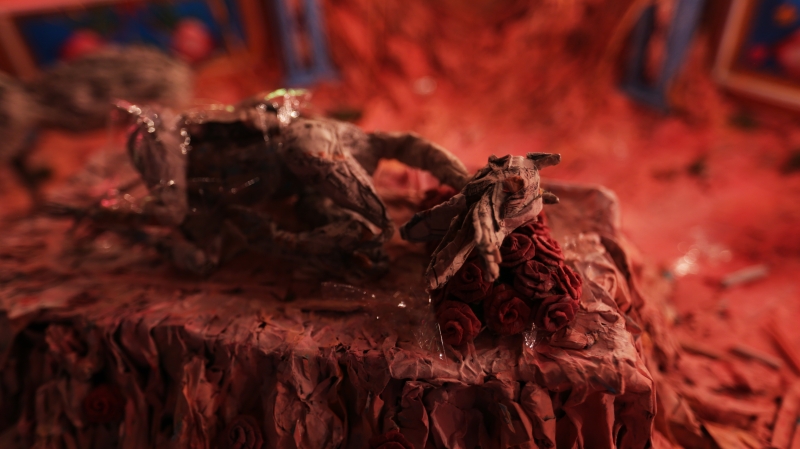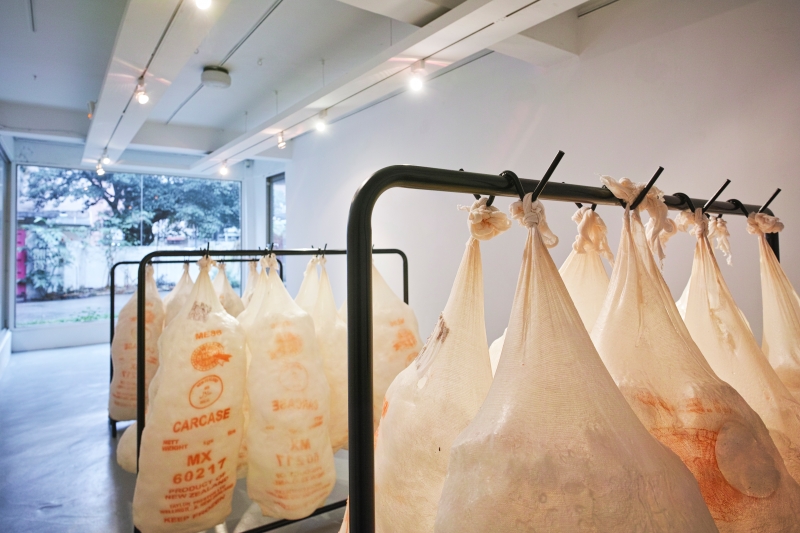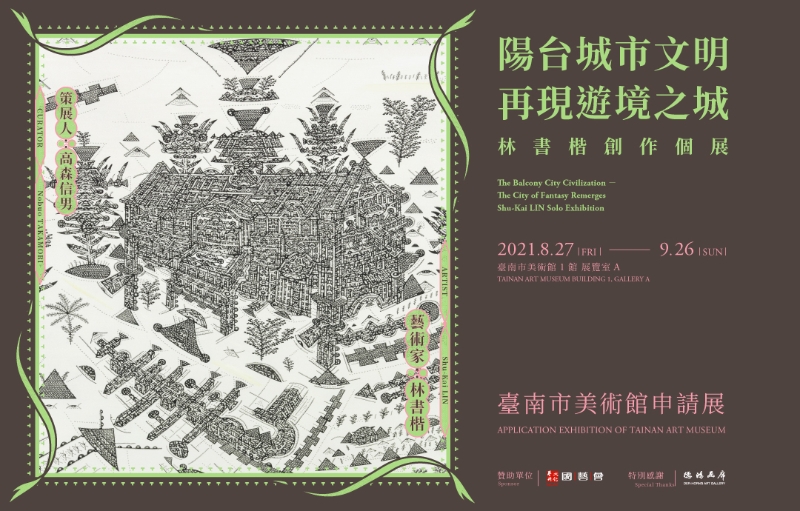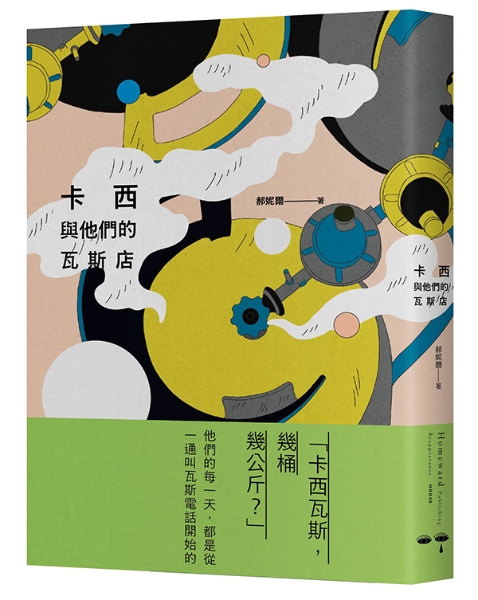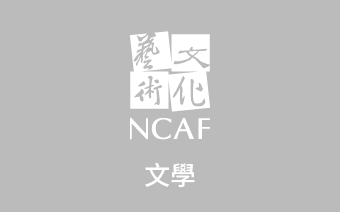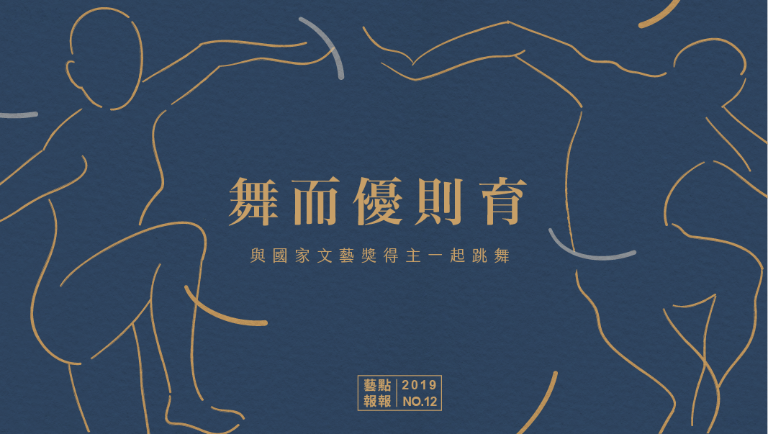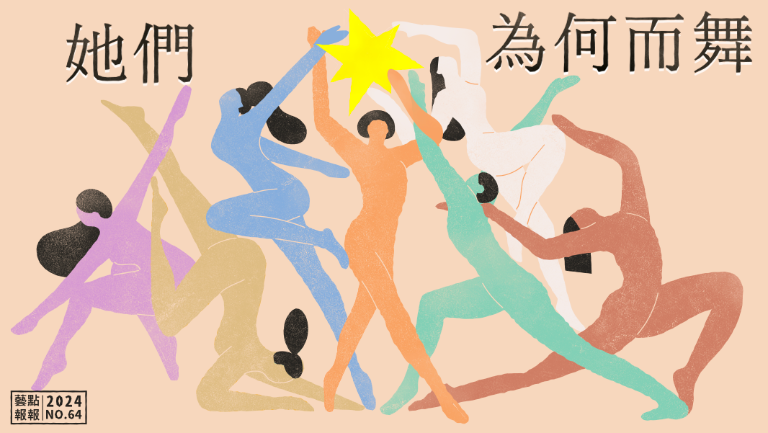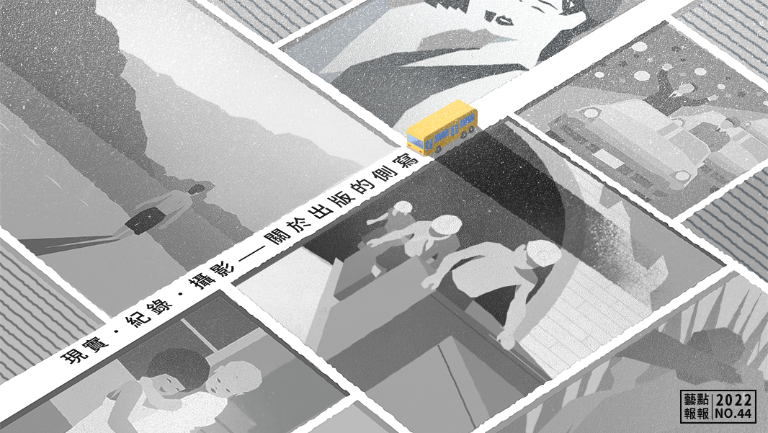The plot of many retro TV shows goes something like this: The protagonist, a handsome man or beautiful woman, faces the dilemma of pursuing their own aspirations or inheriting the family business, which leads to a series of tragic events. Among the many preoccupations on the path of self-realization, pursuing an artistic career stirs up the greatest anxiety, as earning enough to "put food on the plate" weighs on people's minds.
Back to reality, only a few enjoy the privilege of inheriting a prosperous family business. However, we do hear from time to time about conflicts between art and family, likewise related to "putting food on the plate".
Combing through the massive amount of food articles in the media, I can sometimes glimpse at the novelty/multiplicity of so-called "legacy". The most typical path is to follow the recipe closely step by step, without altering the prescribed time, temperature, ingredients, or seasoning whatsoever, making a perfect replica. Yet others would rather take a long step away, then return and leverage their newly acquired skills to breathe new life into their family business. We can imagine the young heir of a fruit business in agricultural Tainan, who travels to Italy and learns how to produce gelato. Afterwards, he takes advantage of his family's four-generation expertise in fruits to develop a unique gelato product, winning popularity again for the shop that stood at the edge of decline.
In the arts domain, there seems to be no shortage of such successors. The following are some examples of legacy that I have unearthed from the National Culture and Arts Foundation's (NCAF) Online Grant Portfolio Archive:
Zhang Xu Zhan uses otherworldly animated videos and delicate handmade paper puppets and settings to spark interest in the family's century-old traditional paper sculpture craft and memories. This inspirational story that has won the hearts of many began with Hsin Hsin Paper Sculpture Home-Zhang Xu Zhan's Stomach. Now, the brother-sister duo have gathered together professionals of numerous disciplines under the name of "Zhan Zhan Xi Qi Culture" and put forth the Hsin Hsin Joss Paper Culture—Project for Upgrading the Environment of Traditional Joss Paper Craftwork, shouldering the future of Taiwan's traditional craft of paper offerings.
Shao-Ying Huang's family owns a meat business. Livestock is frequently featured in her works from some years ago. Her soft sculptures depict fluffy bodies pinched from cotton casing used to package meat; or take the form of garments stuffed with chicken and goose feathers. Hanging in clusters as if awaiting slaughter, this set of works prompts us to reflect on animal rights and confronts with the unsettling realization that we might be one of them.
Shu-Kai Lin's father worked in mold casting. As his family's small-to-medium-sized factory fell into disuse, he took the large amounts of wooden blocks (wooden molds used for rollover) left behind to piece together the memories of his city, beliefs, industry, and family, materializing the sights of his imaginary Balcony City Civilizations.
Choreographer Ting-Syu Lin had a close connection to folk religion since a young age: his great grandfather served as an oracle for the deity Lord Wen at Donglong Temple and his mother, who'd taken monastic vows, also officiated at ceremonies for the dead. Ting-Syu Lin himself experienced extraordinary physical sensations while participating in religious rituals. With a sincere question in mind, he immersed himself in fieldwork to investigate the subtle relationship between humans and gods, body and spirit. His findings were then integrated in his dance pieces to create an atmosphere akin to an altered state of consciousness. Chen-Wei Hsu's works also focus on life and death. Having grown playing in cemeteries due to his family's funeral enterprise, many of his dance works deal head on with death and existence. Sàng Tsáu directly stages a ceremony to send off unwanted spirits, known as sàng tsáu, and asks viewers to follow along.
Han-Sheng Chen and Hsing-Yu Liu both come from families of farmers. Together, they founded Walking Grass Agriculture, which aims to pass down through art the agricultural experience from rural villages that has been transmitted for generations in their hometowns. Anniel Hao, the daughter of a gas supply store owner, and Chin-Wen Chen, the eldest son of a taxi business, discuss their emotional connection to their forebears' professions through different literary methods, simultaneously documenting the ground reality and shifting times of these particular trades.
And the list seems to go on endlessly … Finally, I found that the subject of legacy is not a task exclusive to bygone times or well-off families, but—what did I receive and what do I intend to leave behind?—the worldly practicalities of life that day by day linger close to most of us.
Further Readings:
NCAF Online Magazine | "From Balcony Cities to City Planets: Shu-Kai Lin's Brick Fortress" (Chinese)
NCAF Online Magazine | Oracle, the Dead, Priest, Spirit and Body: Ting-Syu Lin and His Dance Exploration (Chinese)
NCAF Online Magazine | "Building a Home in Art: Walking Grass Agriculture of Han-Sheng Chen and Hsing-Yu Liu (Chinese)
NCAF Online Magazine | Reaching Out to Dad in Writing: Anniel Hao's Casey and His Gas Shop" (Chinese)
NCAF Online Magazine | "Laugh or Cry, the Car Must Keep Running: Chin-Wen Chen's A Wonderful Journey" (Chinese)
NCAF Online Magazine | Oracle, the Dead, Priest, Spirit and Body: Ting-Syu Lin and His Dance Exploration (Chinese)
NCAF Online Magazine | "Building a Home in Art: Walking Grass Agriculture of Han-Sheng Chen and Hsing-Yu Liu (Chinese)
NCAF Online Magazine | Reaching Out to Dad in Writing: Anniel Hao's Casey and His Gas Shop" (Chinese)
NCAF Online Magazine | "Laugh or Cry, the Car Must Keep Running: Chin-Wen Chen's A Wonderful Journey" (Chinese)
*Translator: Linguitronics
